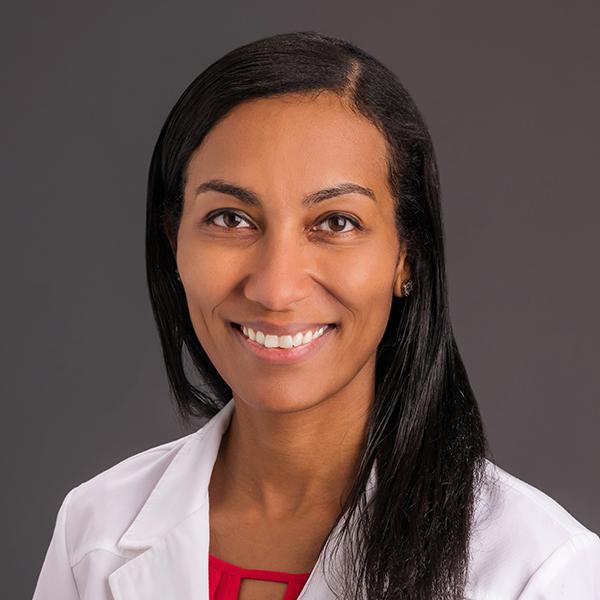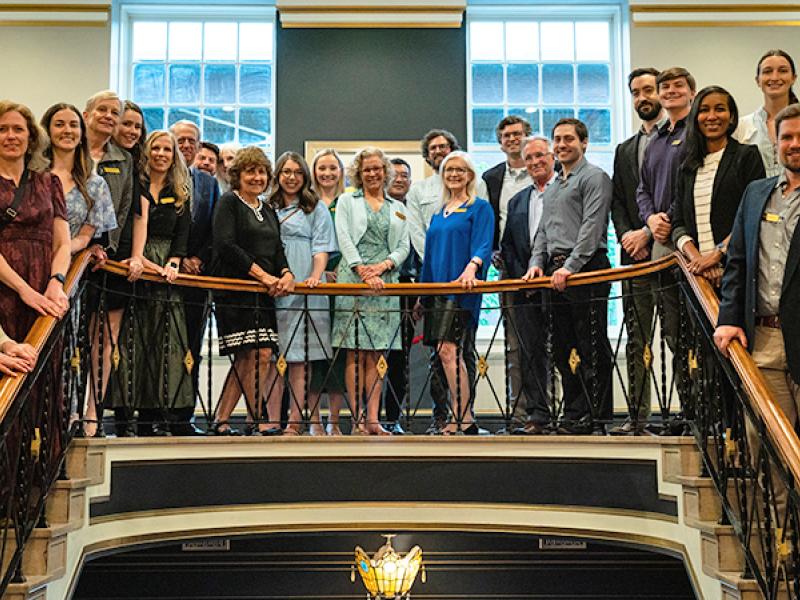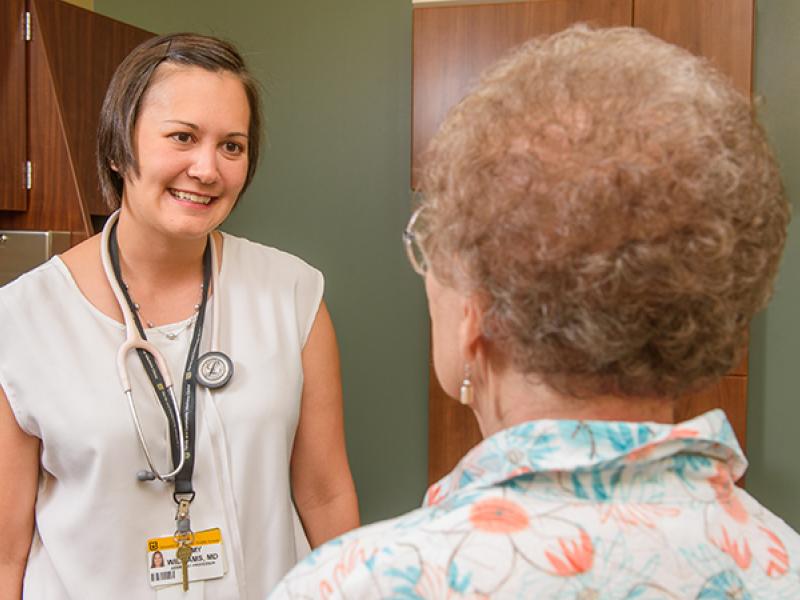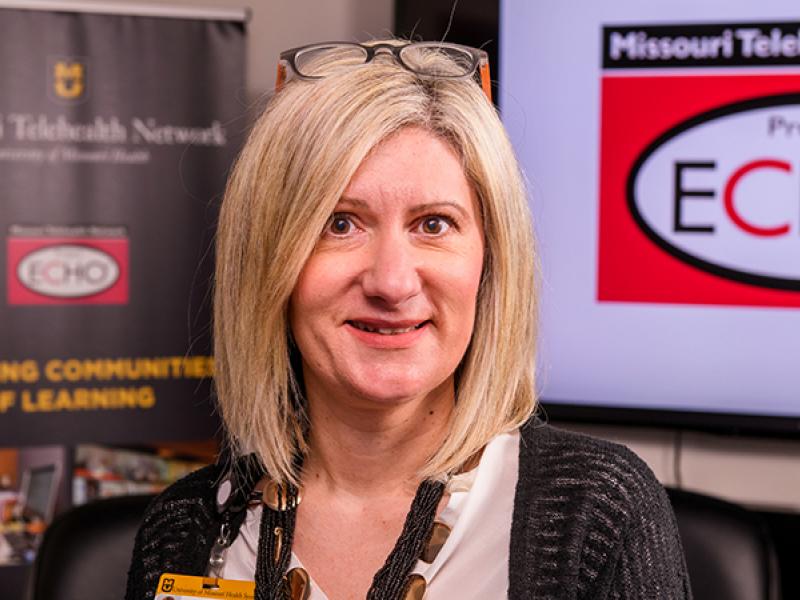The Micrographic Surgery and Dermatologic Oncology training program offers a comprehensive training experience for the modern practice of dermatologic surgery. The program focuses on the surgical management of cutaneous malignancy — including large, uncommon and advanced tumors — and aesthetically and functionally sensitive reconstruction.
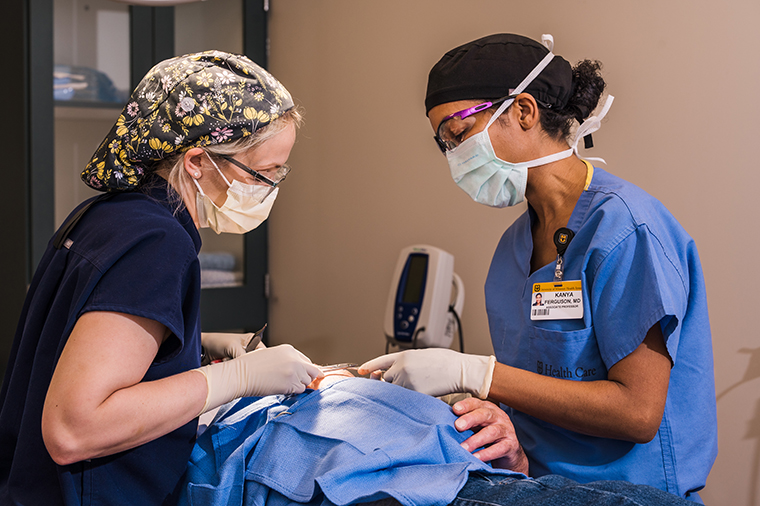
Program overview
Fellowship training in this program includes hands-on experience in all surgical techniques available for the diagnosis and treatment of cutaneous malignancy, including Mohs micrographic surgery, conventional excision, surgical destruction and advanced reconstruction. The Mohs surgical training offers exposure to a high-volume clinical setting providing exposure to large and uncommon tumors, hands-on training on Mohs tissue processing, and we provide experience using Mohs surgery for melanoma of special sites utilizing immunohistochemical staining. By working with our multidisciplinary team, which includes a fellowship-trained oncodermatologist and cutaneous oncology-specific tumor board, the fellow develops experience managing all aspects of cutaneous malignancy.
Surgical experience
The main surgical experience will be at the University of Missouri in an academic-based outpatient setting. The surgical service serves a large referral patient base with an extensive catchment area in and around Missouri, including the Veterans Affairs Medical Center. The fellow is involved in every aspect of the patients care from pre-operative evaluation, surgery, and follow up care. The fellowship offers an immersive hands-on experience with graduated autonomy and exposure to a wide diversity of tumors, case complexity and reconstruction.
Other experiences will include interaction with surgical subspecialties such as oculoplastic surgery, head and neck surgery and plastic surgery. There will be dermatopathology experience with our fellowship-trained derm-dermpath faculty, who are located in the same clinical site. Fellows will receive high risk oncodermatology experience with our fellowship-trained oncodermatologist.
Academic inquiry
Academically, the fellow will actively participate in textbook and literature reviews with the program director, the monthly national dermatologic surgery/dermatologic oncology journal club, bimonthly cutaneous tumor board and medical student and resident education in dermatologic surgery.
Academic inquiry is a key component of fellowship training, and the fellow must participate in at least one scholarly project during the course of the program. Results of this project must result in a publication in an academic journal and/or presentation at the American College of Mohs Surgery Annual Meeting.
A great deal of knowledge and surgical skill must be learned during this one-year fellowship experience. Consequently, successful completion will require an individual with significant motivation, energy and desire to maximize the educational benefit made available in this program. We look forward to training candidates who possess these qualities.
How to apply
You can apply through SF Match Residency and Fellowship Matching Service.
Applications are due by the August 1 each year, and interviews will be held during the fall.
Good luck!


